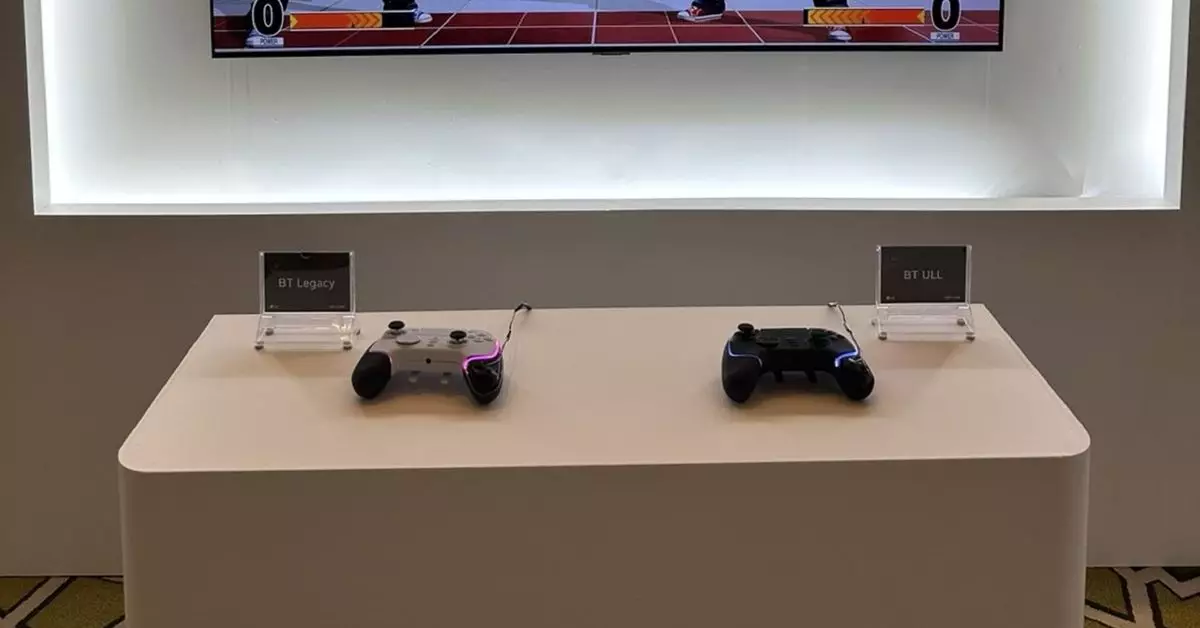In the fast-evolving landscape of cloud gaming, input lag has emerged as a significant hurdle for gamers seeking a competitive edge. Wireless controllers have traditionally struggled to match the responsiveness of their wired counterparts, leading to frustration among players. However, in a groundbreaking collaboration, LG has joined forces with Razer and MediaTek to develop a new Bluetooth gaming controller that promises to redefine the gaming experience by leveraging Ultra-Low Latency (ULL) Bluetooth technology.
At the recent webOS Summit, LG showcased their innovation with a BT ULL-enabled controller that claimed to achieve an astonishing 1ms input lag. This performance was significantly highlighted against a standard controller, emphasizing the perceptible difference in gameplay experience. The demonstration featured various genres, including first-person shooters, fighting games, and racing titles, all taking full advantage of the enhanced responsiveness facilitated by the ULL technology. The promise of lag reduction not only enhances casual gaming but significantly caters to the demands of competitive players, who often rely on split-second timing.
A Closer Look at the Technology
Input lag varies with different Bluetooth models and can be influenced by environmental factors, complicating the gaming experience further. As a result, any latency exceeding 10-20 milliseconds can be detrimental in fast-paced gaming scenarios. The collaboration between LG, Razer, and MediaTek focuses on creating a standard that pushes the boundaries of latency well below this threshold, positioning their product as not just a tool for entertainment but as a serious gaming accessory. Unlike previous attempts, such as Google’s Stadia service which connected controllers over Wi-Fi to mitigate latency, LG’s adaptive approach incorporates ULL directly into Bluetooth technology, solidifying wireless gaming’s viability.
The implications of this technology stretch beyond just the controller. It is set to be compatible with select LG 120Hz OLED and mini-LED TVs that utilize MediaTek’s MT7921 WiFi chipset, slated for release in 2025. Moreover, the introduction of a certification for third-party ULL-supported controllers promises to create an ecosystem that ensures seamless integration with LG webOS smart TVs. Razer, having taken the lead in qualifying for this certification, may well set the benchmark for future wireless gaming devices.
Anticipating Consumer Response
Despite the buzz surrounding the new controller, details such as pricing, an official release date, and the product’s name remain under wraps. The gaming community’s excitement is palpable, particularly as CES 2024 approaches, where further announcements could provide clarity on these innovations.
The partnership between LG, Razer, and MediaTek aims not just to introduce a new controller but to address one of the most pressing issues in cloud gaming: input lag. As technology continues to evolve, the gaming experience might soon reach unprecedented levels of responsiveness, heralding a new era for players worldwide.


Leave a Reply